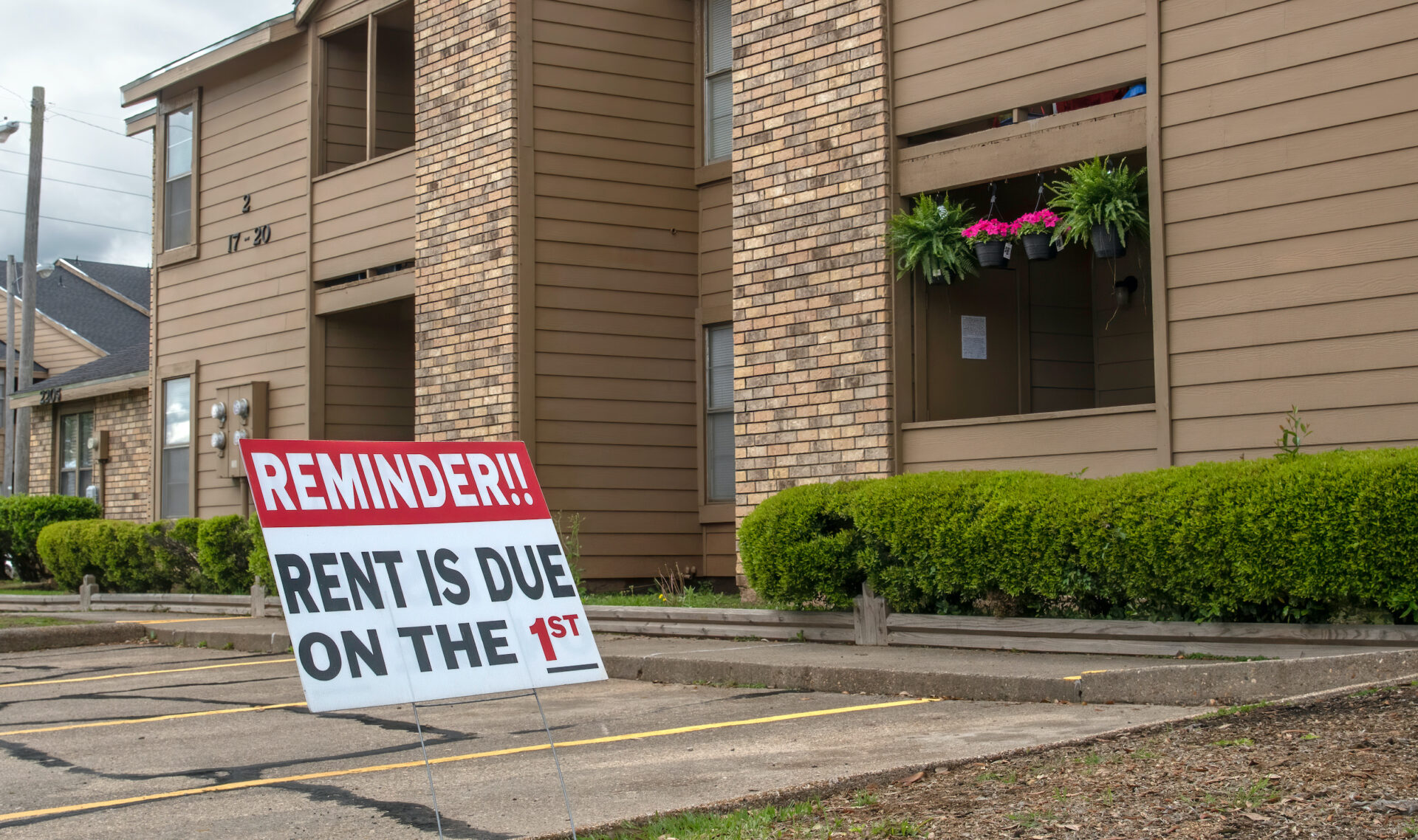Millions of Americans are feeling insecure about their housing situation, with 2.3 million renters fearing eviction and 1.2 million borrowers fearing foreclosure – or would be forced to move in the next 30 days.
Those findings were included in the Mortgage Bankers Association’s report released Monday. The report, by MBA’s Research Institute for Housing America, also found that 5 million US households did not make their rent or mortgage payments in December.
“A rapid rollout of vaccines will hopefully slow the virus and lead to a larger reopening of the economy later this year,” said Gary V. Engelhardt, Professor of Economics in the Maxwell School of Citizenship and Public Affairs at Syracuse University. “This would help the labor market and give affected households the opportunity to get back to work, resume their housing and student debt payments, and pay back past-due amounts.”
The percentage of homeowners and renters behind on their payments has decreased since last year’s second quarter. In December, 7.9 percent of renters (2.62 million households) missed, delayed, or made a reduced payment, while 5 percent (2.38 million homeowners) missed their mortgage payment. That’s down from approximately 6 million households who missed payments in September (8.4 percent of renters and 7 percent of mortgagors).
The report also found:
- 10.7 percent of renters missed one payment over the three quarters, 4 percent missed two payments, 2.7 percent missed three payments, and 5.4 percent missed four or more payments.
- 12 percent of renters received permission from their landlord to delay or reduce their monthly payment (by week).
- Overall, rental property owners lost as much as $7.2 billion in fourth-quarter revenue from missed rent payments. This was down from over $9.1 billion in the third quarter.
“Despite 5 million renters and homeowners not making their December payment, fewer believe they are at risk of eviction, a foreclosure, or would be forced to move in the next 30 days,” Engelhardt said. “This confidence is perhaps an indication that direct checks and enhanced unemployment benefits, rental assistance, mortgage forbearance programs, and a federal eviction moratorium have so far been effective in keeping people in their homes.”
